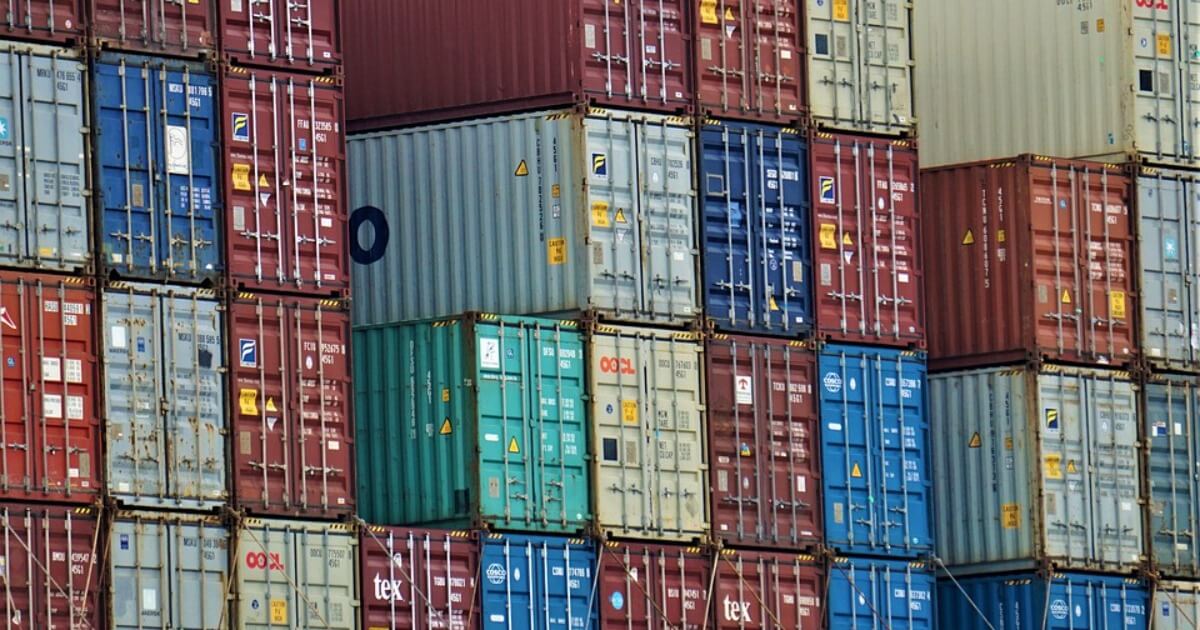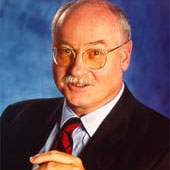The New Global Mercantilism
If Trump has his way, the liberal market economy of the post-war period is ending. The Trump world proudly and unapologetically embraces mercantilism.
August 12, 2018

Recently, I read an interview with Henry Kissinger in the Financial Times. During the conversation with Edward Luce, the grand master of global diplomacy made this breathtaking confession:
Trump may be one of those figures in history who appears from time to time to mark the end of an era and to force it to give up its old pretenses. It doesn’t necessarily mean that he knows this, or that he is considering any great alternative. It could just be an accident.
That made me think. Could it be that, via his tweets, Trump is laying out a new paradigm for the world economy? This is supported by the fact that Trump finds ever more supporters in the world for his illiberal views. At a minimum, the liberal world order — as we knew it and came to rely on it in economics and business — is not only punctured in the United States.
High time to rethink the global model
If Trump has his way, the liberal market economy and globalization are giving way to the brave new world of unvarnished mercantilism.
As an analyst – certainly not an advocate – let me sketch out what this world seems to look like.
The mercantilist world order — in seven brief principles
First, not open, but closed borders: Tariffs and protectionism are deemed to create jobs. These walls are instituted to limit competition on the job market.
Second, interventionism rather than free markets: If the economy does not develop in the way Trump wants it, he does not hesitate to threaten individual companies with the lobe “state intervention.” Rule of law is different.
Third, forget striving for any consistency in economic policymaking: What matters now is creating deliberate surprise and uncertainty in the markets through unexpected measures – and using it to one’s national advantage.
Fourth, reign in the independence of the central bank: Better yet, subordinate monetary policy under the executive power of the president. The U.S. Federal Reserve is still independent, but Trump has already made it clear that he does not like any Fed policy of raising interest rates.
Fifth, use of interest rates unabashedly to promote business and to create jobs: The goal of price stability is virtually absent in Trump’s vocabulary.
Sixth, forget balanced budgets: The federal public deficit in the United States so far this year is $70 billion higher than in the same period last year.
Seventh, instead of aiming for redistribution as a form of economic and social justice, make no apologies for favoring the rich in society. Witness the last U.S. tax reform.
Far from a consistent system
Of course, not all of these Trumpian goals are shared by all neo-mercantilists. It also is very far from a consistent system.
But it will undoubtedly shape investment prospects on global capital markets. Key elements of the new equation are: Economic growth is being inflated via tax cuts on short notice.
In the long run, however, growth under the aegis of global mercantilism will be lower: Capital is not used so efficiently, market uncertainty is greater and world trade is less dynamic. Productivity is not growing so fast anymore.
In addition to the demographic brakes on growth, economic policy is added as a slowing factor.
At the same time, inflation tends to be higher because nobody cares. However, governments may intervene in prices for specific goods, which are particularly important for people (for example, soybeans). In the long term, price controls in individual sectors are conceivable.
Conclusions
1. The interest rates of banks and on the capital market will be lower in the long term. This should stimulate the economy, not least the construction sector.
2. Corporate profits will be higher than under previous conditions. That helps the stock markets.
3. At the same time, exchange rate fluctuations will tend to be greater.
Takeaways
Could it be that, via his tweets, Trump is laying out a new paradigm for the world economy?
If Trump has his way, the liberal market economy of the post-war period is ending. The Trump world proudly and unapologetically embraces mercantilism.
In the long run, growth under the aegis of global mercantilism will be lower. Capital is not used so efficiently, market uncertainty is greater and world trade is less dynamic.
